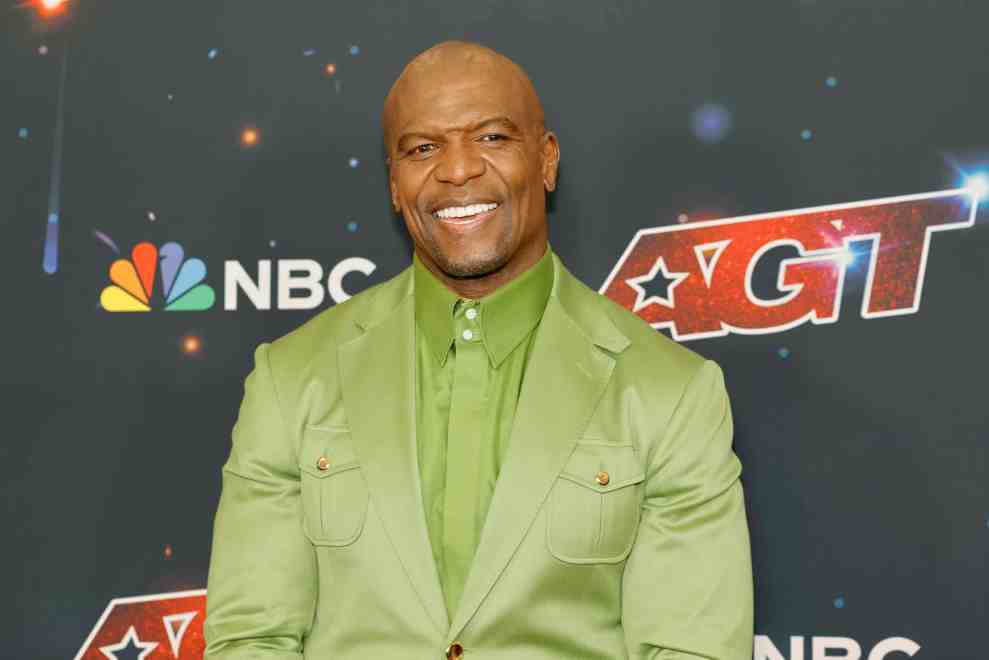The latest addition to the ongoing discourse on Hollywood’s pay inequality comes from Terrence Howard, who recently shed light on what he perceives as unfair compensation for his work in “Hustle & Flow.” Amidst this dialogue, Terry Crews, the charismatic host of “America’s Got Talent,” steps forward to share his nuanced take on actors’ pay.
In a recent episode of Club Shay Shay, Crews engaged in a candid discussion about Howard’s grievances, offering his own perspective on the matter. While acknowledging Howard’s sentiments, Crews approaches the topic with a distinct viewpoint that challenges convention.
“I have never ever looked at whatever money I got as a horror story,” Crews stated emphatically, reflecting on his own journey in the industry. “If I did it, I loved it. See, but this is the problem. There’s a saying I have to say: ‘You can’t nod yes and mean no.’”
Drawing from his personal experiences, Crews recounted his humble beginnings, including roles like an extra in Blink-182’s “Down” music video and an uncredited appearance in the acclaimed film “Training Day.” He emphasized the transformative power of these early opportunities, despite the lack of substantial financial compensation.
“I didn’t get [anything] for Training Day. How about that?” Crews remarked, underscoring the pivotal role of such seemingly low-paying gigs in shaping his career trajectory. “But it changed my life forever. You didn’t know who I was if it wasn’t for a no-paying job.”
Expanding on his perspective, Crews drew parallels between his acting journey and his previous career as an NFL player. He likened the initial stages of both endeavors, highlighting the absence of monetary rewards early on and the eventual fruition of success through dedication and perseverance.
“Name somebody that played football for money when they start. You don’t get no money! You play football for free. You play basketball for free,” Crews remarked, elucidating the parallels between athletic and artistic pursuits. “Then you get all the way to the pros and you get the millions. Ain’t no other way, bruh.”
Crews further illustrated the significance of seemingly insignificant roles by recounting how his appearance in “Training Day” paved the way for subsequent opportunities, including a role in “Friday After Next.” He emphasized the interconnectedness of these experiences, highlighting the pivotal role of gratitude in navigating the industry’s ebbs and flows.
While Crews’ perspective on gratitude and opportunity offers a refreshing take on the complexities of actors’ pay, it’s essential to acknowledge the broader context of Howard’s plight. Howard’s recent revelations regarding his compensation for “Hustle & Flow” shed light on the systemic challenges faced by Black artists in an industry rife with disparities.
In his own battle for fair compensation, Howard has taken legal action against his former agency and the studios responsible for his alleged underpayment. His efforts underscore the pervasive nature of these issues and the urgency for systemic change within the entertainment industry.
As discussions surrounding pay equity continue to gain momentum, Crews’ reflections serve as a compelling reminder of the power of perspective and resilience in the face of adversity. While acknowledging the inherent challenges, Crews’ unwavering gratitude for the opportunities afforded to him underscores the transformative potential of perseverance and dedication in the pursuit of one’s passions.

